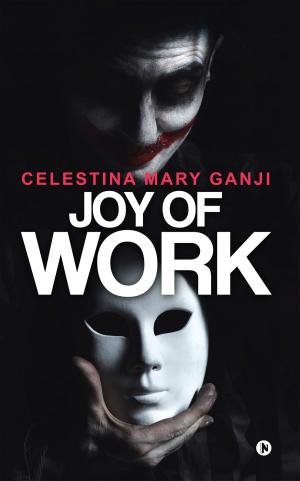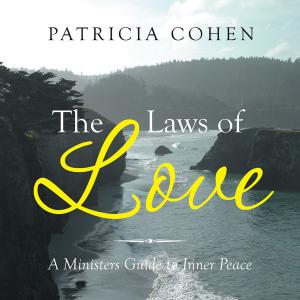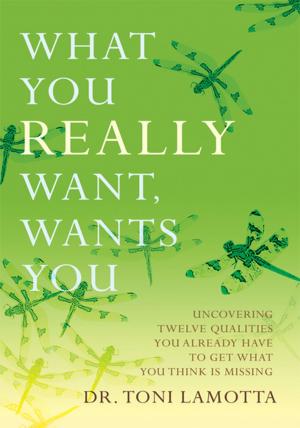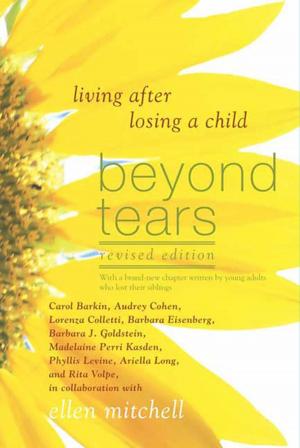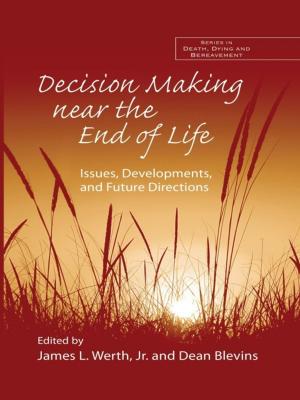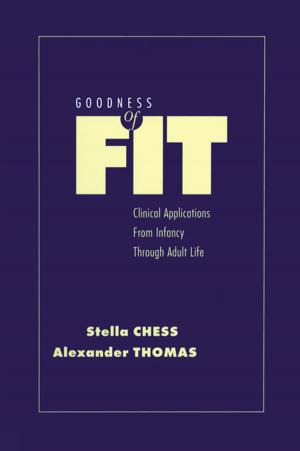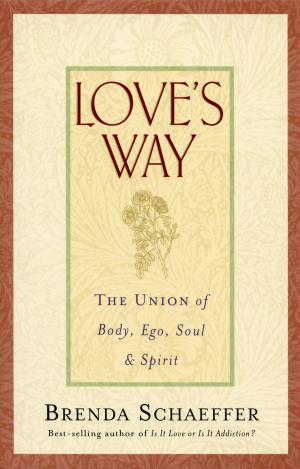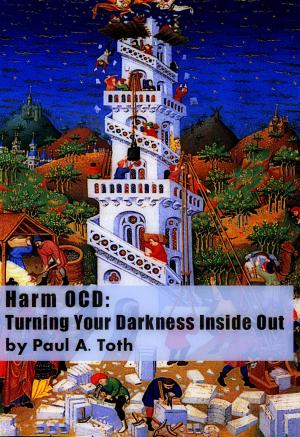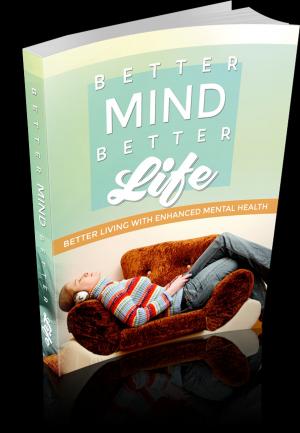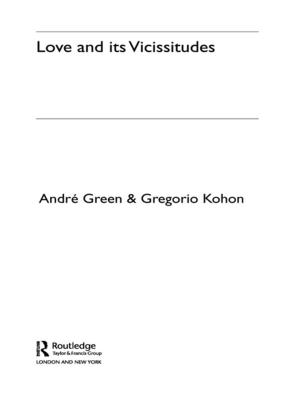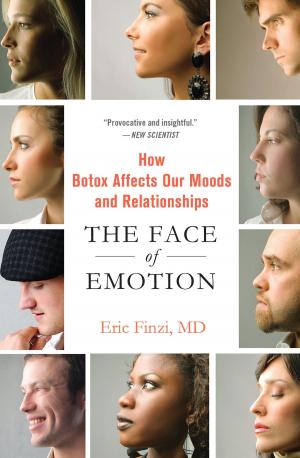How To Solve The Drug Problem
Nonfiction, Reference & Language, Law, Civil Rights, Health & Well Being, Medical, Ailments & Diseases, Mental Health| Author: | Charles Morgan | ISBN: | 9781301289660 |
| Publisher: | Charles Morgan | Publication: | April 25, 2013 |
| Imprint: | Smashwords Edition | Language: | English |
| Author: | Charles Morgan |
| ISBN: | 9781301289660 |
| Publisher: | Charles Morgan |
| Publication: | April 25, 2013 |
| Imprint: | Smashwords Edition |
| Language: | English |
Excerpt from HOW TO SOLVE THE DRUG PROBLEM:
2WHY DO PEOPLE USE ILLEGAL DRUGS
It often occurs to me that the politicians and policing agencies that try to fight the drug problem, who make laws against using certain substances and who endeavour to catch people, not only supplying them, but using them, do not have a clear idea of what the problem actually is.
The politicians argue that a person using marijuana, for instance, is harming himself and therefore is breaking the law. The punishment is often a prison sentence. Is this not an absurd situation? Surely a prison sentence for a young person is far more damaging than the minor harmful effects acquired by using the drug?
And why do the politicians call the users of illegal drugs drug abusers. In what way are they abusing drugs if they are using them to have fun? The term is illogical to say the least and wildly misleading for the general population who get the impression that these drugs are in some way horrible things.
So why do people risk prison to use marijuana, heroin, cocaine and amphetamines —the most common so called drugs of abuse. Obviously anybody who has used any of these drugs knows that they give the user an experience of pleasure way beyond anything that other activities can give. Far more powerful than alcohol, which is also a dangerous drug by the way. People want the experience of happiness, it’s as simple as that and why should they not be allowed to be happy?
The answer from the politicians is that the drugs may confer happiness for some time but that they then lead to addiction and that the happy experience fades out. This is true to some extent for some drugs but not all. Marijuana is not an addictive drug and is not particularly harmful although people below the age of about eighteen are advised not to use it as it can empower schizophrenic tendencies already latent in the young user.
Overall though, drugs can give people the happiness that they crave in their lives, lives that may in most other ways be boring, uncomfortable and depressing. History has shown that people will always use happy drugs regardless of the law. Even in countries where the penalty for using marijuana is death people still use it. So how on earth do governments think they can possibly stamp out the use of happy drugs?
Drug users are, in fact, people who are courageous enough to take risks in order to have abnormally wonderful experiences.
As well as this, people who suffer from depressive illnesses use drugs to lift their mood to something that is tolerable. They effectively self-medicate.
So what I am saying is that it is futile to try to stop people using happy drugs. Efforts to stamp out their use has never worked in the past, is not working now and will not work in the future. Another approach is obviously needed and there has been some talk of actually legalising drugs. This, however could be a dangerous policy as many of the illegal drugs are dangerous if not used within defined limits. In any case who would sell them, who would supply them, who would distribute information on their correct use?
We need another approach entirely and in this short book I will outline one such approach.
Excerpt from HOW TO SOLVE THE DRUG PROBLEM:
2WHY DO PEOPLE USE ILLEGAL DRUGS
It often occurs to me that the politicians and policing agencies that try to fight the drug problem, who make laws against using certain substances and who endeavour to catch people, not only supplying them, but using them, do not have a clear idea of what the problem actually is.
The politicians argue that a person using marijuana, for instance, is harming himself and therefore is breaking the law. The punishment is often a prison sentence. Is this not an absurd situation? Surely a prison sentence for a young person is far more damaging than the minor harmful effects acquired by using the drug?
And why do the politicians call the users of illegal drugs drug abusers. In what way are they abusing drugs if they are using them to have fun? The term is illogical to say the least and wildly misleading for the general population who get the impression that these drugs are in some way horrible things.
So why do people risk prison to use marijuana, heroin, cocaine and amphetamines —the most common so called drugs of abuse. Obviously anybody who has used any of these drugs knows that they give the user an experience of pleasure way beyond anything that other activities can give. Far more powerful than alcohol, which is also a dangerous drug by the way. People want the experience of happiness, it’s as simple as that and why should they not be allowed to be happy?
The answer from the politicians is that the drugs may confer happiness for some time but that they then lead to addiction and that the happy experience fades out. This is true to some extent for some drugs but not all. Marijuana is not an addictive drug and is not particularly harmful although people below the age of about eighteen are advised not to use it as it can empower schizophrenic tendencies already latent in the young user.
Overall though, drugs can give people the happiness that they crave in their lives, lives that may in most other ways be boring, uncomfortable and depressing. History has shown that people will always use happy drugs regardless of the law. Even in countries where the penalty for using marijuana is death people still use it. So how on earth do governments think they can possibly stamp out the use of happy drugs?
Drug users are, in fact, people who are courageous enough to take risks in order to have abnormally wonderful experiences.
As well as this, people who suffer from depressive illnesses use drugs to lift their mood to something that is tolerable. They effectively self-medicate.
So what I am saying is that it is futile to try to stop people using happy drugs. Efforts to stamp out their use has never worked in the past, is not working now and will not work in the future. Another approach is obviously needed and there has been some talk of actually legalising drugs. This, however could be a dangerous policy as many of the illegal drugs are dangerous if not used within defined limits. In any case who would sell them, who would supply them, who would distribute information on their correct use?
We need another approach entirely and in this short book I will outline one such approach.

